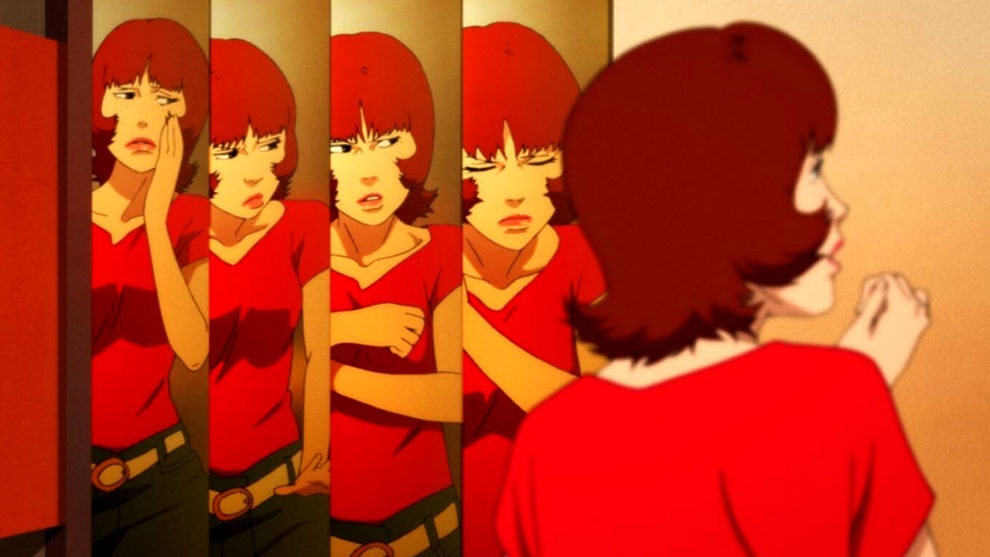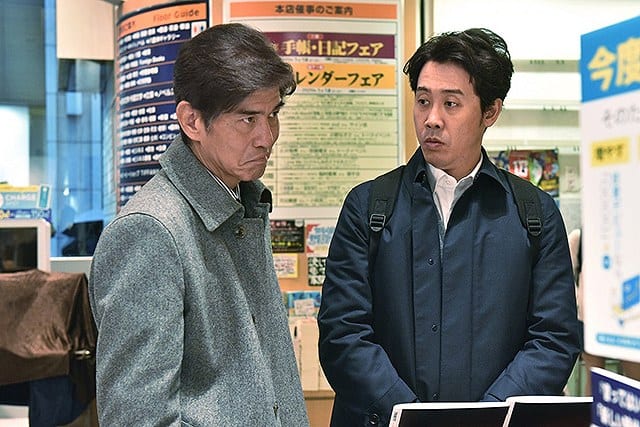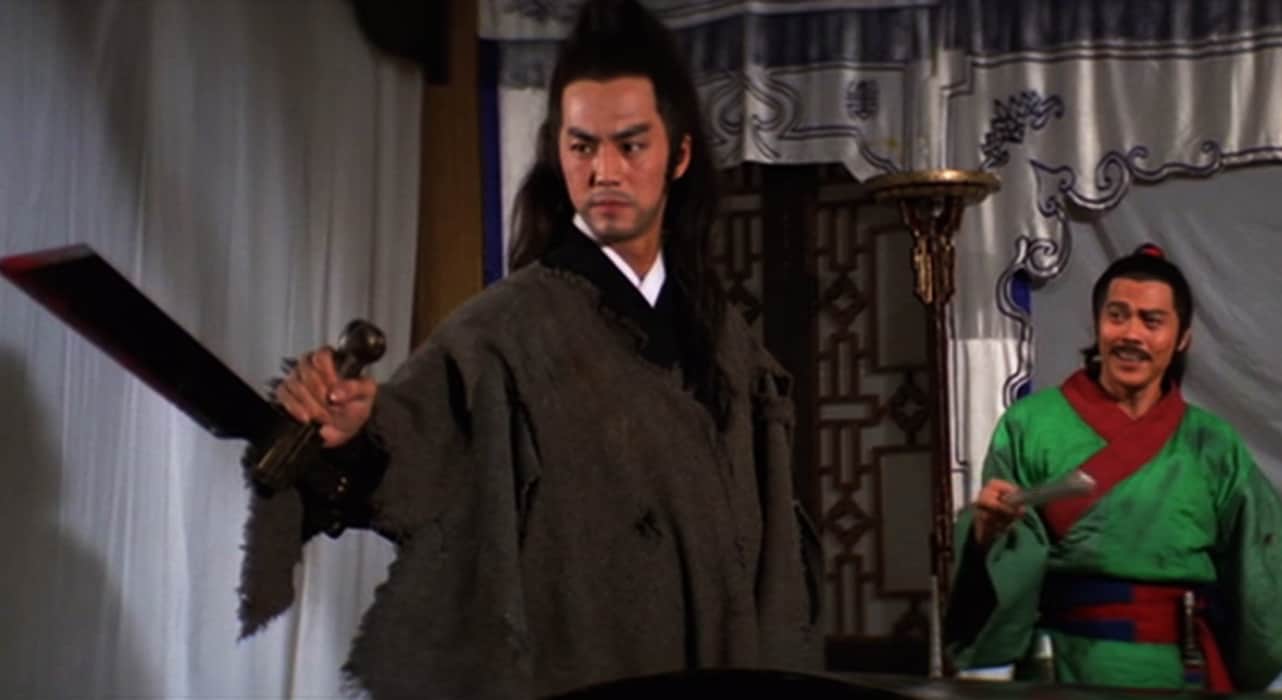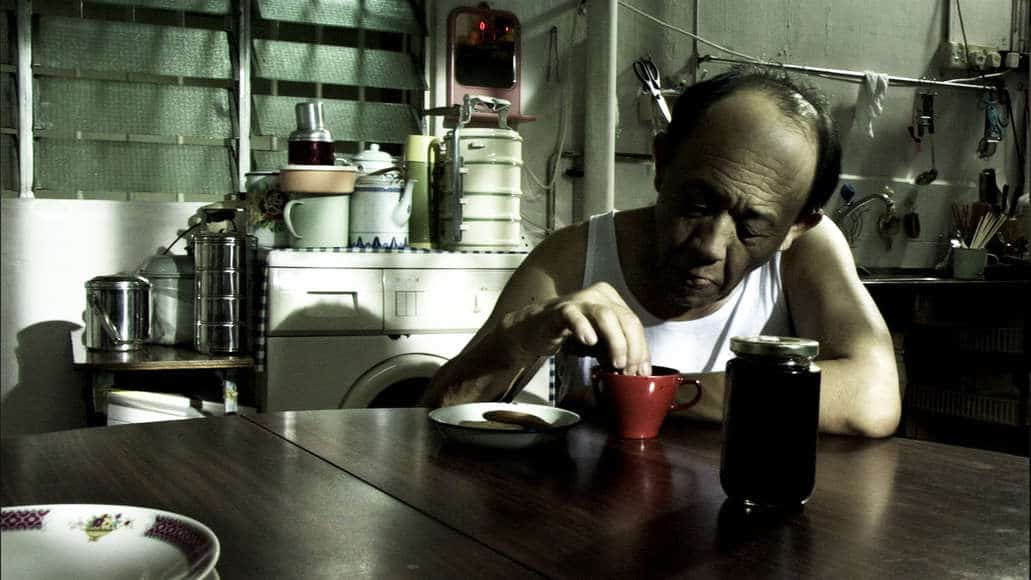When we think of the term “auteur” or “auteur theory” we usually include directors such as Alfred Hitchcock or Stanley Kubrick given the diversity in their work, the amount of creative control they had and the recurring themes in their features. Especially the latter is interesting because Kubrick has managed to leave his footprint in the world of film, even though he has only produced a small number of films, in comparison to Hitchcock that is. Given this definition, director Satoshi Kon, although he helmed even a smaller number of features, should deserve the title as well, especially since features like “Paprika” or “Perfect Blue” are considered masterpieces of the genre and remain influential sources for filmmakers all over the world. In his documentary “Satoshi Kon, The Illusionist” French director Pascal-Alex Vincent, who previously made “Miwa, A Japanese Icon” about actor Akihiro Miwa, tells the story of arguably one of the most important filmmakers in anime, his work, his themes and the reasons he should be considered an auteur in his own right.
Satoshi Kon, The Illusionist is screening at Fantasia International Film Festival

Although Vincent follows the upbringing and later on, the career of Satoshi Kon, starting from his childhood in Hokkaido to later his first sketches for Japanese youth magazines, the focus of his documentary lies with the four features, “Perfect Blue” (1997), “Millennium Actress” (2001), “Tokyo Godfathers” (2003) and “Paprika” (2006), along with the TV series “Paranoia Agent” (2004). Apart from footage from said features and series, Vincent uses quite a number of interviews, with producers, director and voice actors to show the commitment and passion which went into each of these projects. Apart from collaborators such as Junko Iwao, who did the voice for Mima Kirigoe, the troubled protagonist of “Perfect Blue”, or Masao Maruyama, co-founder of Madhouse, directors such as Darren Aronofsky (“Black Swan”, “The Wrestler”) highlight the relevance for Kon's movies for their work.
Given its aforementioned focus, Vincent's documentary manages to give an insightful journey into the work of Satoshi Kon. While the amount of information and aspects is quite high, what shines through is how passionate Kon felt for each of his projects, exploring themes such as the blurry lines between reality, fiction and dream along with issues like identity, gender and the modern world. While the individual is a shattered entity like in “Perfect Blue” or “Millennium Actress”, society becomes a reflection of this ongoing fragmentation, this paranoia and schizophrenia, with no truths and facts being stable. With regard to its number of examples, Vincent shows these recurring themes in Kon's work as well as how he saw the various realities and modes of perceptions in our modern world, for example, the idea of the modern icon as in “Perfect Blue” or how cell-phone-technology shapes or view on the world.
In the end, Satoshi Kon appears to go beyond what the status of “illusionist” might indicate. While the sheer magnitude of his visions, the colors, shapes and their transformation, for example, in the famous “Parade”-scene in “Paprika”, there is always a strong link to the real world which we see again as soon as we leave the theater. Rather than delivering “mere” entertainment, Kon's body of work aims to change our perception of the world, make us realize facets of our lives we have not seen before or have chosen to ignore. Above all, it emphasizes the importance of intelligence and imagination, not just as a way to approach his works, but also the world as a whole, which perhaps best sums up the kind of legacy Kon has left behind.
In conclusion, “Satoshi Kon, The Illusionist” is a great documentary about the director who sadly passed away in 2010 and the kind of legacy he has left behind. Pascal-Alex Vincent builds a strong case about Satoshi Kon being a true auteur by exploring the themes of his works and their ongoing influences for artists all over the world.















